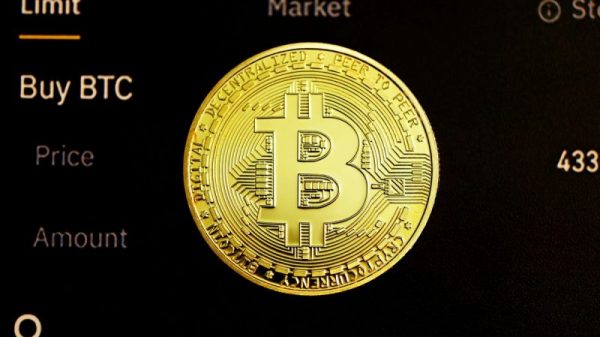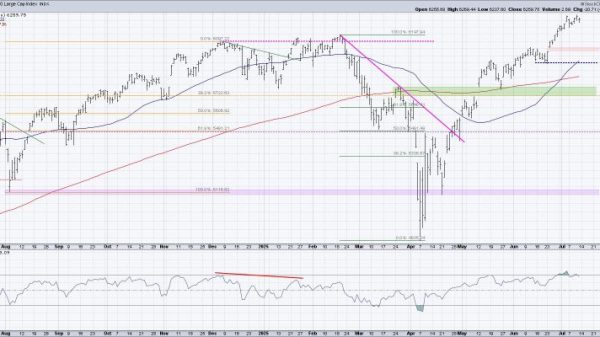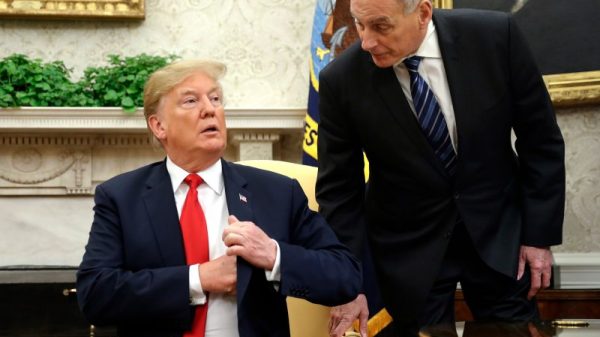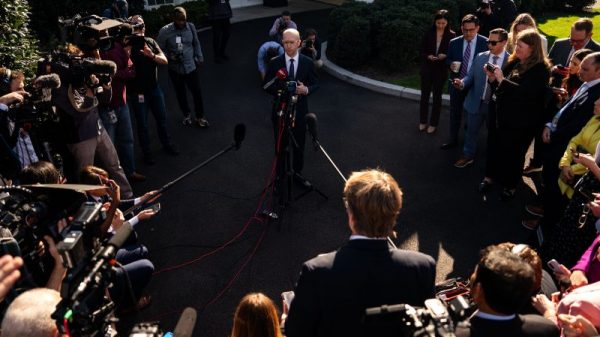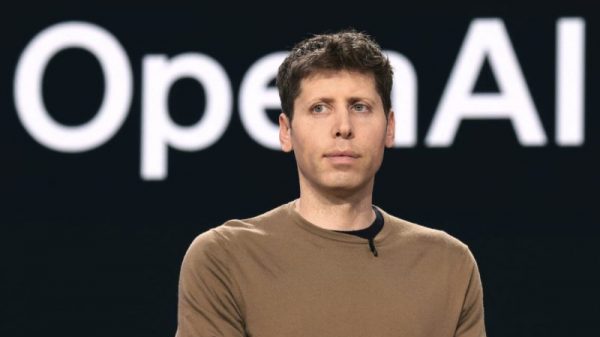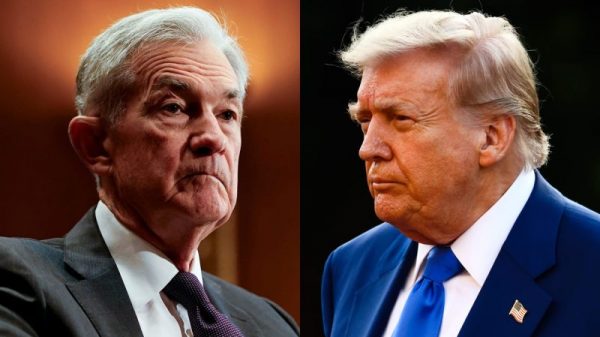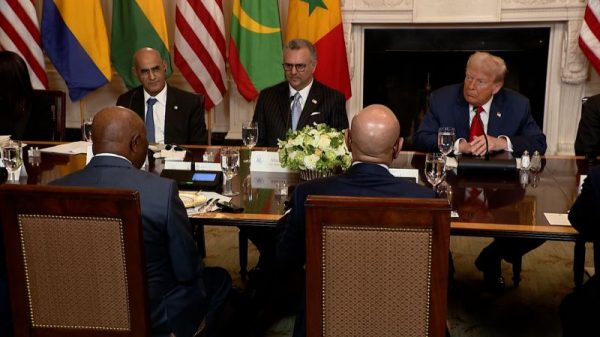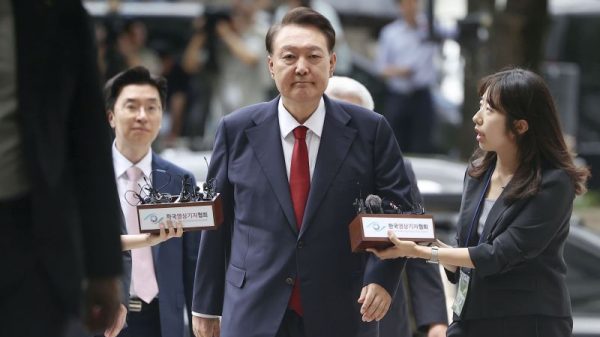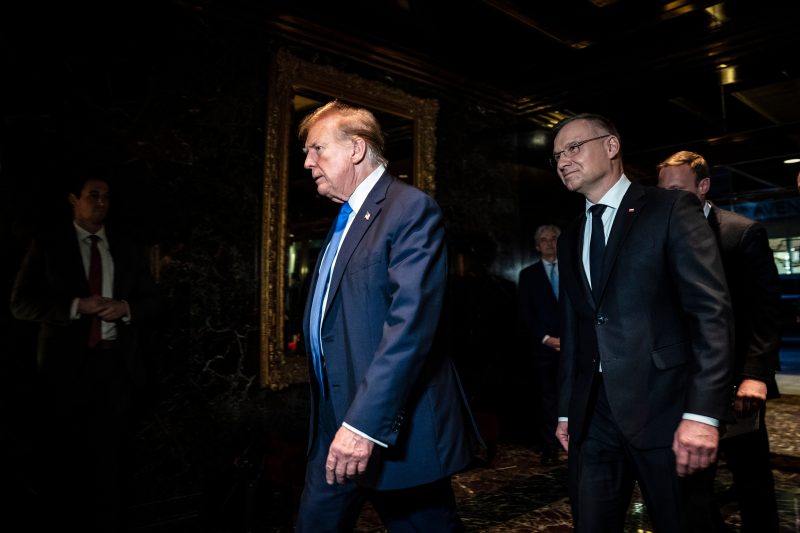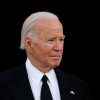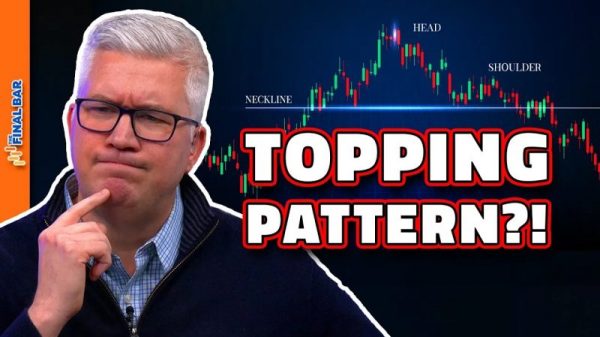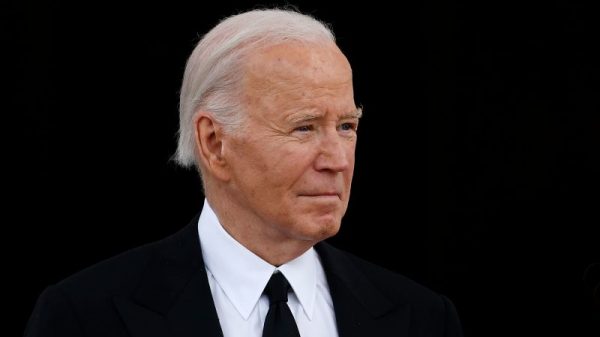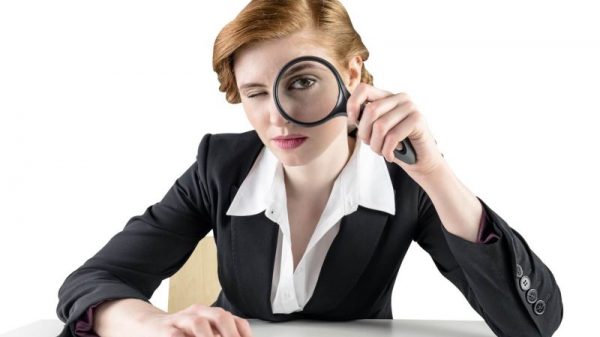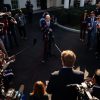In March, Hungarian Prime Minister Viktor Orban went to Mar-a-Lago, arguing to Donald Trump that Russia would grind Ukraine down and eventually win their war — and that the United States should accept that reality. Then the two spent hours in a ballroom listening to a cover band play Rolling Stones hits.
Several weeks later, British Foreign Secretary David Cameron made a very different pitch to Trump. Over steaks at Mar-a-Lago, he warned Trump that he needed to continue providing military aid to Ukraine since Russia would not stop until it had taken over the entire country.
And at dinner inside Trump Tower last week, Polish President Andrzej Duda brought up the war in Ukraine and encouraged Trump to keep funding the Ukrainians if elected president. Trump told him Europe needed to do more to help Ukraine, a message the former president shared on social media the next day.
As he pursues a return to the White House, Trump is speaking regularly with foreign officials looking to influence his thinking on a range of issues. Central to many of the discussions is the future of the war in Ukraine — an area where Trump and President Biden hold different views — according to people with knowledge of the talks, who like some others spoke on the condition of anonymity to describe private conversations. The meetings have also touched on other topics, from the future of NATO to tariffs.
After the Jan. 6, 2021, attack on the U.S. Capitol by a pro-Trump mob and mounting criminal charges against him, many foreign emissaries and leaders doubted Trump would be the Republican nominee again, according to seven European ambassadors involved in the discussions. But as he has secured his position as GOP standard-bearer again, they have angled to be in his ear to shape his considerations and learn more about his thinking. Some have shared notes about who has influence with Trump and what arguments might work, and ambassadors have reached out to Trump advisers, friends and Mar-a-Lago Club members.
But it’s unclear whether the conversations will have an effect on a former president who is impulsive with his decision-making. As president, Trump often blindsided allies with decisions and didn’t have a nuanced understanding of foreign affairs, according to one of the European ambassadors who interacted with him, and many leaders believed he governed out of narcissism and revenge. But it was easier to reach Trump’s inner circle compared with the Biden administration, decisions were sometimes made faster, and Trump wasn’t wedded to every long-standing U.S. government policy, which could be refreshing, this person said.
“People are looking at President Trump throughout the world as the Republican nominee — it’s about Ukraine, but it’s about keeping the relationship with a guy who has a 50-50 chance of being president,” said Sen. Lindsey Graham (R-S.C.), a former Trump critic who has become a close ally in recent years.
The world leaders Trump has spoken with include right-wing heads of state and other officials who have drawn international criticism for oppressive governing tactics. Trump has long-standing relationships with some, such as Saudi Arabia’s Crown Prince Mohammed bin Salman, who the CIA concluded ordered the killing of Washington Post journalist Jamal Khashoggi.
The talks are unfolding amid wars in Ukraine and Gaza and dueling military strikes from Israel and Iran. Lawmakers and foreign policy experts said the meetings were not unusual but distinguished between Cameron, a former U.K. prime minister and previous leader of the Conservative Party, and Orban, who has pro-Russian and autocratic leanings, has clashed with some other European leaders, and has voiced support for Trump’s campaign.
“We need leaders in the world who are respected and can bring peace. He is one of them! Come back and bring us peace, Mr. President!” Orban wrote on the social media website X after his meeting with Trump.
“Viktor Orbán and the Hungarian government are not making decisions in the interests of Russia or Ukraine, but solely in the interests of Hungary and the Hungarian people,” Orban’s office said in a statement when asked about the Trump meeting.
Trump has privately said he could end Russia’s war in Ukraine by pressuring Ukraine to give up some territory, according to people familiar with the plan. The proposal would depart dramatically from Biden’s pro-Ukraine posture.
Cameron offered up the European perspective that Russian President Vladimir Putin would seize on any backing away from Ukraine as a show of weakness, a move seen by some as an attempt to change Trump’s view. Trump suggested in the meeting that Russia might settle for part of the country, an idea Cameron argued against.
“They’re trying to use any perceived general political affiliation with Republicans, with the American right, to try to steer Trump away from his worst instincts and toward a conservative version of defense of the free world,” said Daniel Fried, a former U.S. ambassador to Poland and fellow at the Atlantic Council, when asked about Cameron’s meeting with Trump.
While a range of countries have sought to curry favor, Trump advisers said, few have worked harder than British officials. A British diplomat has repeatedly visited Mar-a-Lago, attended Trump’s Super Tuesday victory party, dined with Trump privately, met with senior Republicans, texted with his advisers and attended Trump’s campaign events, according to five people familiar with the meetings. The embassy declined to comment on its meetings. The British ambassador has also met with Trump, along with former British politician Nigel Farage, a proponent of the Brexit movement, and former U.K. prime minister Liz Truss.
Trump’s campaign didn’t comment on the details of the meetings and suggested they are a sign of his strength among world leaders. “America’s allies are anxiously hoping that President Trump will be re-elected to end the war and chaos created by Joe Biden’s weakness,” campaign spokesperson Karoline Leavitt said in a statement.
Trump appears to enjoy the meetings with foreign dignitaries, especially if they are at Mar-a-Lago, and his team is often happy to meet with leaders who are also speaking to the White House and lawmakers on Capitol Hill, according to advisers. Trump’s team likes the tableau of him meeting with world leaders as his criminal trial unfolds in New York, as it shows the image of a leading political figure instead of a criminal defendant, a person close to him said.
He met Tuesday at Trump Tower with former Japanese prime minister Taro Aso. The Japanese opposition party has also asked for a meeting with the former president. Taiwanese officials, concerned about China, have orchestrated meetings with people close to Trump. During the annual Conservative Political Action Conference in February, Trump spoke backstage with Spanish members of the far-right party Vox.
“He’s meeting with people he’s comfortable with,” said Aaron David Miller, a Middle East expert at the Carnegie Endowment for International Peace and a former diplomat.
Top Trump adviser Susie Wiles and speechwriter Vince Haley typically accompany Trump in the conversations, according to people with knowledge of the meetings. One adviser predicted the meetings with foreign leaders will only pick up, as his team fields more requests.
Trump’s advisers have also studied the Logan Act, a law that aims to keep private citizens out of foreign affairs, and have declined some meetings, they said, but would not specify which ones.
In the conversations, Trump often gravitates to domestic politics, talking about abortion politics with some of the leaders and raising how to secure borders with Duda and Orban, who have also campaigned on anti-migration platforms, according to people briefed on the meetings. The conversations are often discursive and sometimes focus on golf, the people said.
Foreign diplomats posted to Washington said they aren’t sure whether Trump can be swayed by their conversations. But one senior European diplomat noted that although Trump’s public message after his Duda meeting generally appeared skeptical of European efforts to support Ukraine, he said that the country’s survival “is also important to us” — which the diplomat said might be a sign that Duda moved Trump slightly. (Duda, who met with Biden last month, once proposed naming a military base in Poland “Fort Trump.”)
Duda told a Polish television channel that he told Trump it was better to send money and equipment to Ukraine now, so that Ukrainians could bear the brunt of the fight against Russia, rather than in the future if Russia continues unchecked in Europe, when American soldiers might be pulled into fighting in Europe as they were in both world wars.
“President Donald Trump asked me how I assess the situation, how I see the possibilities of further development of this situation, so I described it,” Duda told the channel, Telewizja Republika. “I think that later he analyzed these aspects of our conversation.”
European ambassadors were pleased that Trump did not blow up a recent deal to send more U.S. aid to Ukraine, closely watching his comments in fear, people familiar with the matter said.
Some Democrats predicted Trump’s meetings would not yield a shift in his positions. “My sense is he’s not going to offer anything more orthodox on foreign relations. I don’t think this is some effort to try and suggest he’s going to be a more normal president,” said Sen. Chris Murphy (D-Conn.), who sits on the Senate Foreign Relations Committee.
Although senior leaders and diplomats around the world are generally mindful not to appear as though they are meddling in the political processes of other countries, many of them also typically try to meet with the main opposition leaders ahead of elections — especially once the leading candidates have been picked. They do so to try to impress their own national priorities and understand how their own countries might be affected by a switch in governments.
Back in 2016, some embassies in Washington were so dismissive of a Trump victory that they didn’t bother with the standard outreach to representatives of his campaign — a decision that their bosses in their home capitals were later frustrated with, according to diplomats from multiple countries.
John Bolton, Trump’s former national security adviser, said he’s heard from ambassadors asking him about what a second Trump term would look like. He recalled that meetings with Trump vary depending on the foreign leader, adding that the former president has a tendency to ramble, which leaders can find “frustrating.”
“Different leaders approach him in different ways: Some try to flatter him, some try to grit their teeth and be patient,” said Bolton, who has become critical of Trump. “You never can tell what Trump is going to do in a meeting.”
Trump in 2019 had a conversation with Ukrainian President Volodymyr Zelensky in which Trump attempted to withhold aid to Ukraine unless Zelensky said he would investigate Biden. The decision led to Trump’s first impeachment in Congress.
Foreign governments have responded to Trump’s standing as the presumptive Republican nominee as the signal that it was legitimate to start meeting him directly, diplomats said. Since late last year, as the likelihood Trump could make a comeback became clearer, they have been meeting with representatives who have been involved in thinking through Trump’s possible second-term foreign policy.
One Middle Eastern country has put together a list of 50 people it believes are close to Trump — and the 10 it thinks will be in his “innermost circle,” according to a person familiar with the list. It is closely studying the work of conservative think tanks — particularly the Heritage Foundation’s Project 2025 — to understand who might make power in a new Trump administration, and to learn how to get to those people, the person said. And the country has courted lobbying firms that have Trump allies.
Meanwhile, Biden’s top diplomat, Secretary of State Antony Blinken, has made a habit of meeting with opposition leaders from other countries — including those engulfed in war, such as Israel. Trump has not talked with Israeli Prime Minister Benjamin Netanyahu, whom he remains annoyed with because he called Biden the winner in late 2020 and pulled Israel from a joint military mission with the United States at the last minute, Trump has told others privately.
And Cameron — standing alongside Blinken at the State Department — noted with equanimity that the top U.S. diplomat had met British Labour leader Keir Starmer in February ahead of likely U.K. elections later this year that are poised to launch Starmer to No. 10 Downing Street.
In Washington, embassy parties still are overwhelmingly populated by Biden administration and Democratic officials. And the European ambassador involved in discussions about Trump said that there can be some “blowback” from engaging with Trump because so many Democrats and Washington foreign policy experts are “allergic” to them doing it.
“It makes normal behavior a bit trickier,” the ambassador said. “Trump is the nominee or the candidate, there’s nothing that we can do. We have to engage with them.”

